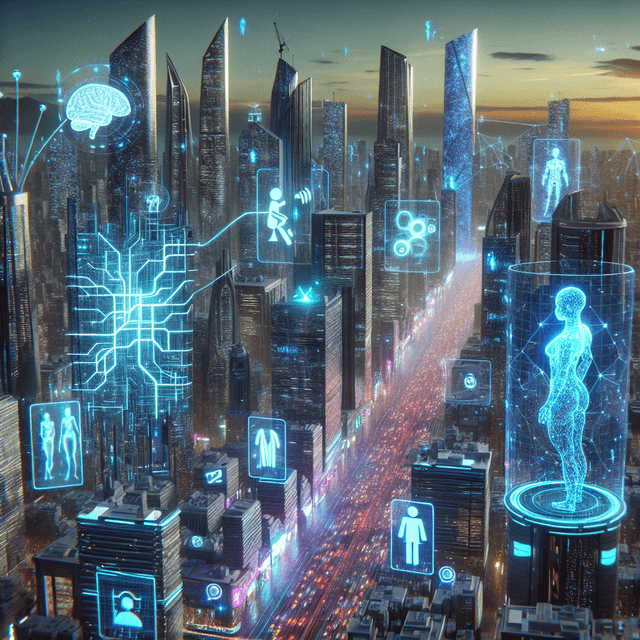

Unlocking AGI: Innovations Shaping Our Future Today
Share this blog on social media:




As we stand on the brink of a technological revolution, recent breakthroughs in neural architecture and unsupervised learning algorithms are significantly accelerating the development of Artificial General Intelligence (AGI). With over 60% of businesses projected to integrate AGI solutions into their operations by 2025, the potential for enhanced productivity and decision-making is immense. Current trends show that collaboration between tech giants and academic institutions is fostering rapid advancements, leading to practical applications in sectors like healthcare, finance, and education.
However, the journey toward AGI is not without challenges. Ethical concerns and regulatory frameworks are struggling to keep pace with these advancements, raising important questions about accountability. As experts predict that AGI will achieve human-like cognitive abilities by the late 2020s, industries must prepare for both disruptions and opportunities—ranging from job displacement to the creation of new roles in software development and ethical AI consulting. The future of AGI holds great promise, but it demands careful consideration of its implications on society.


